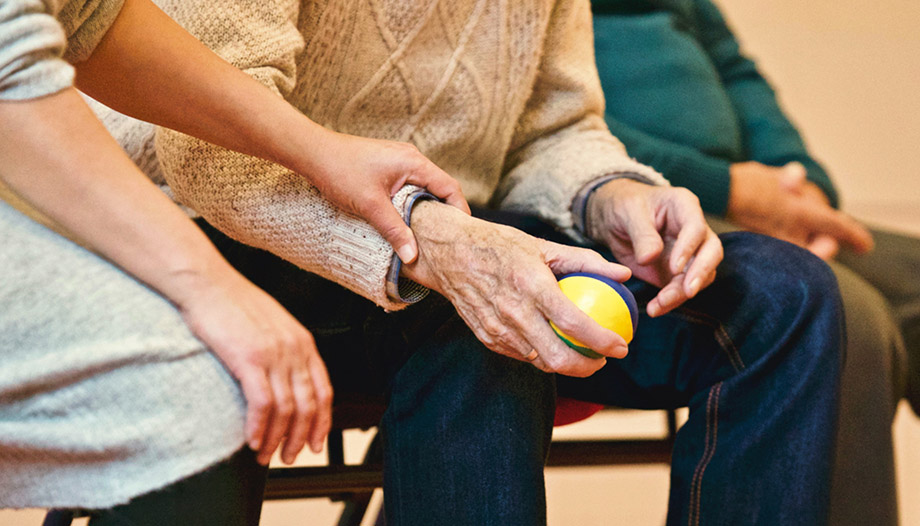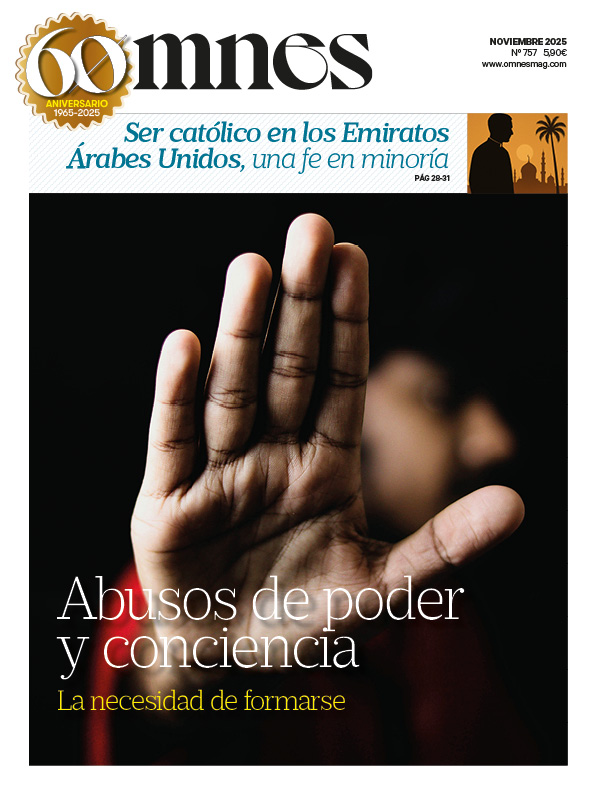Translation of the article into Italian
"That is to empathize, to value the lives of those around you, with the sick, with the elderly, with pregnant women, with unemployed people, with immigrants too, Ukrainians... Are we welcoming? Do we show with deeds, with attitudes, with money if necessary, but not only with that, that we care about the lives of others? That is creating the culture of life. So, if you want to pick on the government and the parliament, there are reasons to do it for the euthanasia law, but let's do something that is in our hands regarding the people around us. Love is the greatest strength.
This was the core of the message of attorney Benigno Blanco in a Meeting organized by the Centro Academico Romano Foundation (CARF), and Omnes a few days ago. Benigno Blanco has extensive experience in social issues, he has been president of the Spanish Family Forum, and was also president of the Spanish Federation of Large Families and member of the federal committee of the Spanish Federation of Pro-Life Associations.
The Asturian lawyer, perhaps remembering his time in politics, put himself in the shoes of the participants in the meeting, and argued: "I am not a doctor, I am not a nurse, I do not have a hospital, I am not a minister or a parliamentarian, what am I going to do? You can love the people around you, that is what is expected of us," he replied.
"No bitterness and despair, let us assume the responsibility, with our conduct and with the people around us, to do all the good that is in our hands, because in this way, adding up the small goods that we can do, the culture of death that these laws facilitate will one day be reversed. The revolutions of the 21st century will not be from the top down, they will be from the bottom up".
"We are normal, ordinary people who, loving truth and freedom, and honestly proposing to others what we believe is worthwhile, are going to change this world, if we want to. And I encourage you because it is possible and easy to do so, if we are responsible," concluded Benigno Blanco.
Pedagogy of life, doing good
But first, the lawyer, who could be seen at last Sunday's Yes to Life March in Madrid, argued around the idea of participating. "If we can expand those concentric circles of influence beyond the people around us, through associations, the web, telling positive examples, teaching about life, influencing doctors, health professionals, etc., great".
"But let us not dwell on how bad the world is... Let us try to do good around us, because this is effective in historical terms, even if we do not know what positive effects it has or will have. There is a famous phrase in Christian culture, and it is that evil is overcome by flooding it with good. If you are concerned about evil, do good. And this is within everyone's reach.
"Recovering the humanist substratum"
In his presentation at CARF, entitled 'Social Self-Destruction', Benigno Blanco stressed that "we have been dehumanizing the human being, reducing him to a thing", and "we have been losing awareness of the value of life. The unborn is a human being who deserves respect". And with regard to the elderly, it seems to be said: "We cost a lot. Please retire".
In his opinion, what has happened is two things: the crime has become a right, and the behavior has become trivialized, and is seen as normal. In Belgium, euthanasia was legalized in 2002, and went from 24 cases of death to around 2,000 in 2015. And in the Netherlands they were already at 6,000 euthanasias in 2016. [nearly 7,000 in 2020, a 4 % of total deaths in the country]. "There is a sliding effect", "a moral bankruptcy", so an "active defense of human dignity", "a recovery of the culture of life" is needed.
With these "concentric circles of people who treat each other with this ethic of care, with the knowledge that things that are worthwhile are the responsibility of everyone, and not only of those who have a problem, we will be recreating that humanist substratum that will one day allow us to modify laws such as those on abortion or euthanasia," said the speaker at the meeting, who also referred to conscientious objection. Precisely, the Spanish Episcopal Conference has just published a Doctrinal Note on conscientious objection, which can be consulted here. here.








